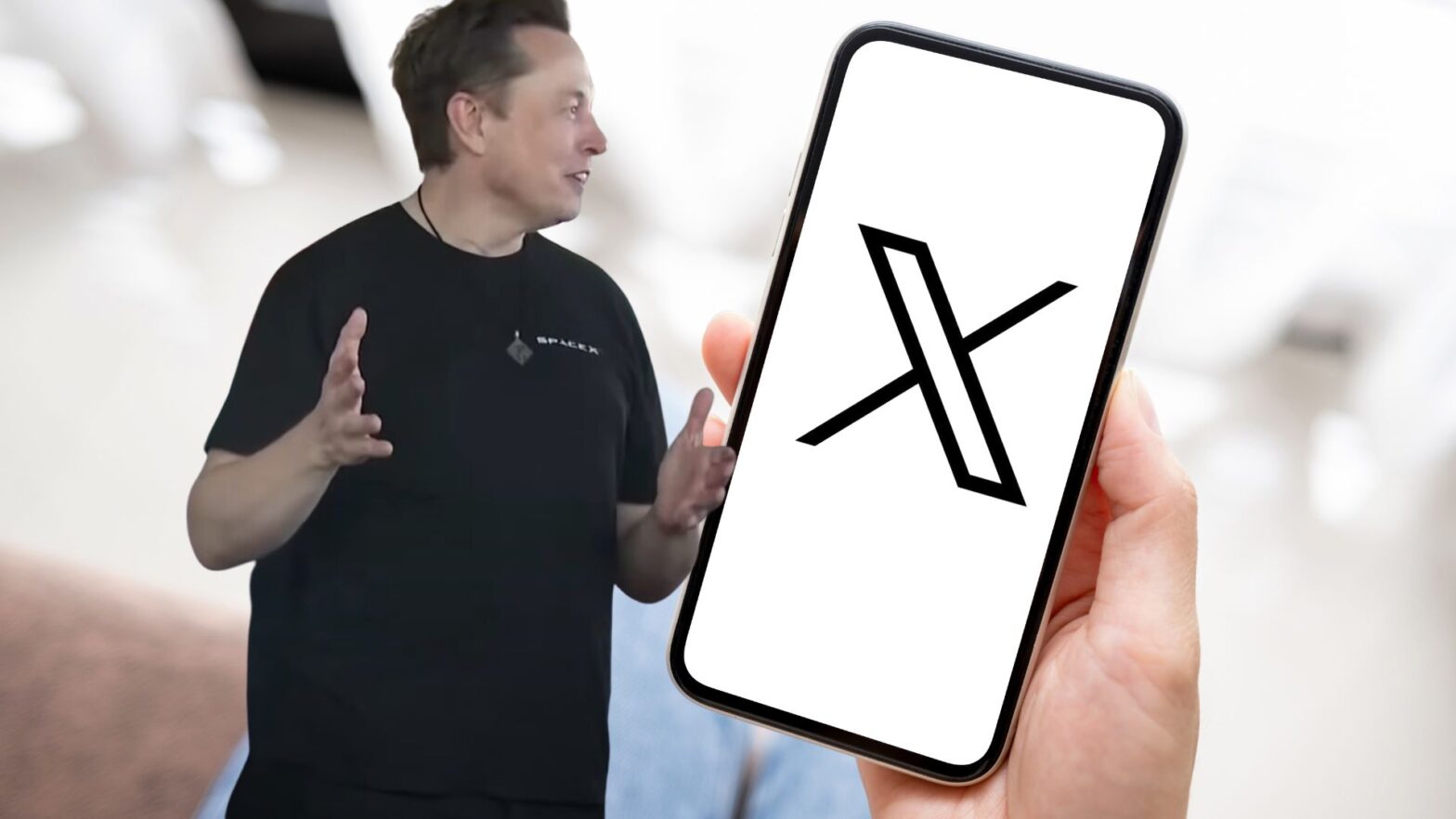In a surprising turn of events, Elon Musk’s social media platform X (formerly Twitter) has successfully maneuvered to remove a judge presiding over a contentious legal battle concerning election data sharing in Germany. This development, confirmed by both the court and the activist groups involved, has raised eyebrows and sparked debates about judicial impartiality and the tactics employed by tech giants in legal disputes.
The case, which centers around X’s obligation to provide real-time access to data related to the upcoming German election on February 23, 2025, has been fraught with tension from the outset. Two activist groups, Democracy Reporting International and the Society for Civil Rights, had initially secured a favorable ruling from a Berlin regional court, compelling X to share crucial election-related data. However, X’s legal team swiftly countered with an appeal and a motion to remove the judge, citing alleged bias.
The Strategic Move: Questioning Judicial Impartiality
X’s legal strategy hinged on a bold claim: that the presiding judge had “positively engaged” with social media content from the plaintiffs. This assertion, if proven true, could indeed raise questions about the judge’s ability to remain impartial in the case. However, the specifics of this engagement remain unclear, leaving room for skepticism about the extent of the alleged bias.
The success of this strategy marks a significant procedural victory for X, potentially altering the course of the legal proceedings. Yet, it’s worth questioning whether this move genuinely addresses the core issues of the case or merely serves as a tactical delay.
The Broader Context: A Battle Over Data and Democracy
This legal skirmish is unfolding against a backdrop of increasing scrutiny over social media platforms’ role in elections. The activist groups argue that access to real-time data is crucial for monitoring misinformation and disinformation during the election period. X, on the other hand, seems to be pushing back against what it perceives as overreach into user privacy and platform autonomy.
While the need for transparency in election-related content is clear, the extent of data sharing required and the potential implications for user privacy remain contentious issues. The outcome of this case could set a precedent for how social media platforms operate during election periods, not just in Germany but potentially across the globe.
Musk’s X: A Lightning Rod for Controversy
This is not an isolated incident for X under Musk’s ownership. The platform has been embroiled in various legal battles worldwide, each highlighting the tension between Musk’s vision for the platform and regulatory expectations.
For instance, in Brazil, X faced potential suspension after Musk refused to name a legal representative in the country, escalating a feud with Justice Alexandre de Moraes over free speech and far-right accounts. In the United States, a federal judge dismissed X’s lawsuit against nonprofit researchers at the Center for Countering Digital Hate (CCDH), marking a victory for those using digital tools to scrutinize platform practices.
The Road Ahead: Unresolved Questions and Potential Implications
As the legal drama unfolds, several key questions remain unanswered:
- Will the removal of the judge significantly alter the course of the case?
- How will this decision impact the activist groups’ ability to monitor election-related content in real-time?
- What precedent might this set for future cases involving social media platforms and election data?
A hearing on the preliminary injunction is scheduled for February 27, 2025, at 0930 GMT. However, this date means that the activist researchers will not obtain real-time access to the data during their critical time frame, potentially undermining their efforts to monitor the election as it unfolds.
Moreover, X has announced plans to sue the German government over what it calls excessive user data requests, further complicating the legal landscape. This move, coupled with Musk’s public criticism of German Chancellor Olaf Scholz and endorsement of the far-right Alternative for Germany (AfD), has heightened tensions between X and Germany’s political establishment.
As this legal saga continues to unfold, it serves as a stark reminder of the complex interplay between technology, democracy, and the law. While X’s successful removal of the judge may be seen as a tactical victory, it also raises important questions about the strategies employed by tech giants in legal disputes and their potential impact on democratic processes.
The outcome of this case could have far-reaching implications, potentially influencing how social media platforms operate during elections and shaping the balance between transparency, privacy, and platform autonomy. As we await further developments, it’s clear that the intersection of social media and democracy will remain a hotly contested battleground for the foreseeable future.

















